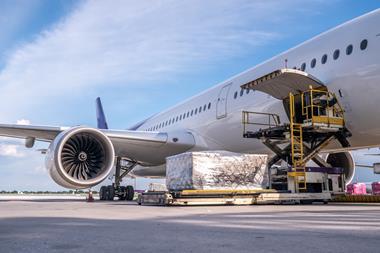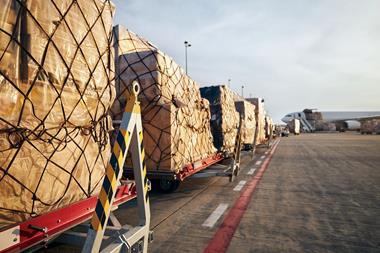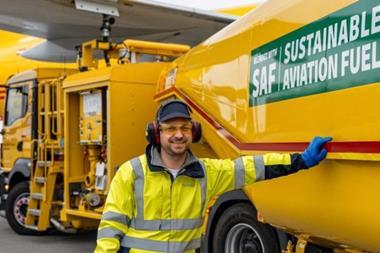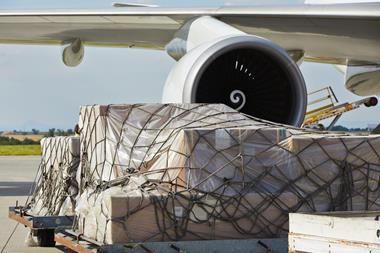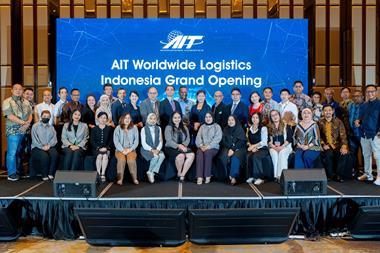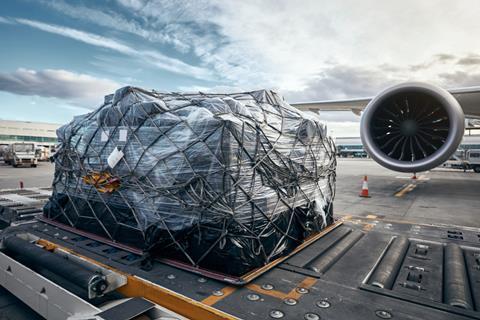
International forwarders’ federation FIATA and the Global Shippers Forum (GSF) have called for better data quality and information exchange ahead of the European Union's new Import Control System 2 (ICS2), due to be introduced for sea, road, and rail transport in 2024 and 2025.
The measure is intended to enhance information for EU security authorities about freight entering, or transiting the territory.
ICS2 already applies to airfreight, mail and express parcel shipments, having been implemented in 2023. Under the European Union’s timetable, ICS2 will be extended to imports by maritime and inland waterway carriers from 3 June, from 4 December 2024 to 1 April 2025 for shippers or forwarders; and from 1 April 2025 to 1 September 2025 for road and rail carriers.
Implementation of ICS2 for airfreight and express during 2023 revealed a number of issues with airline and other IT systems, resulting in the timetable for other modes being extended.
FIATA and GSF have issued a joint Guidance Note, stressing the crucial role of collaboration between shippers and freight forwarders to ensure that high-quality information is submitted in an efficient and timely manner.
The Note also provides practical checklists for the submission of information shippers and freight forwarders.
ICS2 will in future cover all shipments from third countries entering or transiting the EU by any mode, including sea, road, and rail, along with air and express. Shippers and forwarders will be responsible for providing more detailed information about each consignment by completing an Entry Summary Declaration.
Information must be presented at the right level of detail to the carrier, the import agent, or authorised freight forwarder, or directly to the ICS2 system by a specified time before the goods are loaded or arrive at the EU border, depending on the mode of transport and type of journey. Failure to do so may result in delays and enforcement actions by EU authorities.
Notification requirements under ICS2 are more exacting than previous EU import regimes. Goods will have to be declared in line with the Combined Nomenclature with more precise definitions of specific products using customs Harmonised System (HS) definitions.
As declarants, carriers will be legally responsible for the data provided under the new system. They will be responsible for providing the HS code, the EORI number of the consignee in the EU, as well as information about the buyer and seller of the goods.





